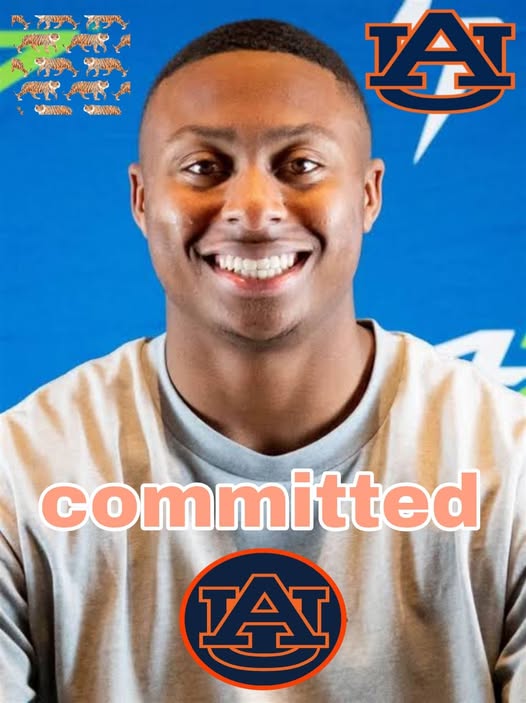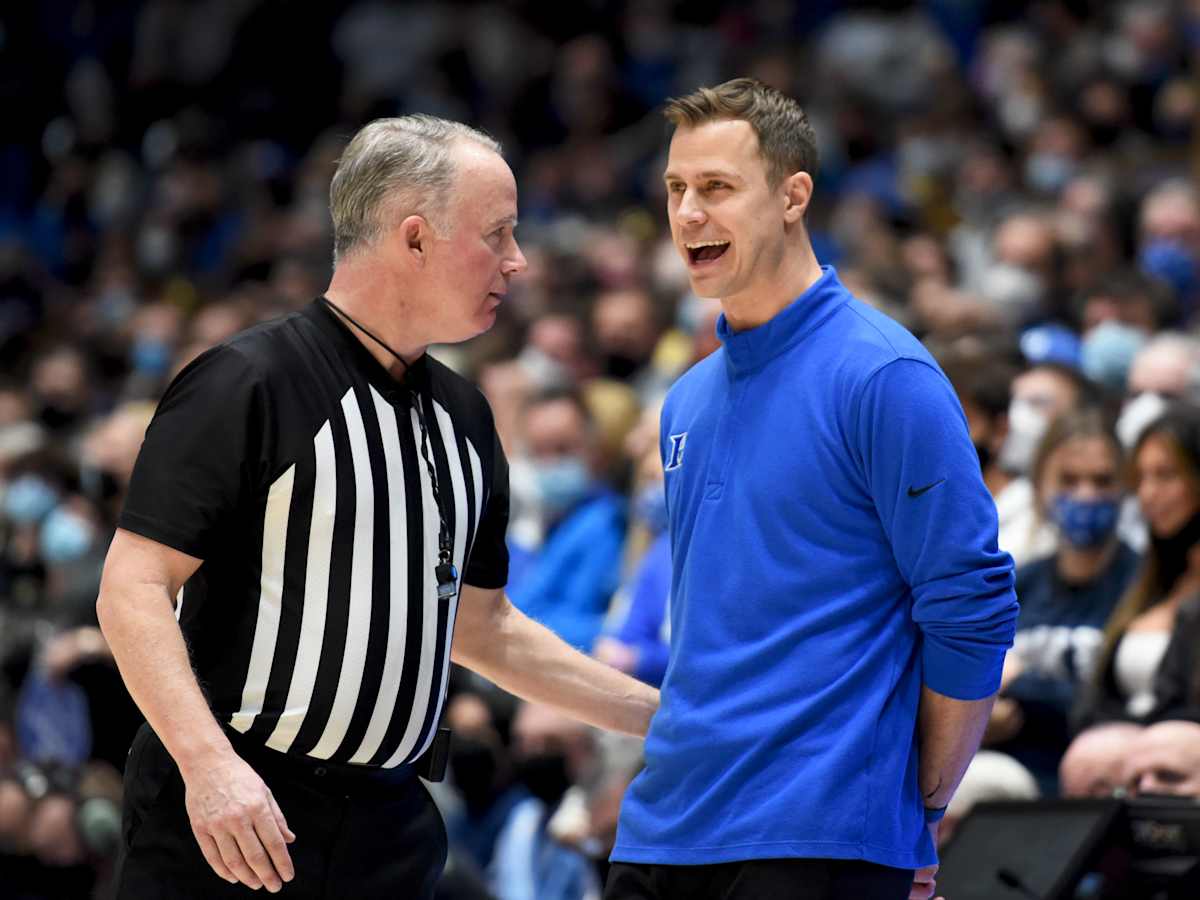All Eyes on Atlanta: The 2025 College Football Season Quietly Roars to Life Ahead of the Official Kickoff
While most fans circle late August and early September on their calendars as the official kickoff of the college football season, the reality is that the sport’s true heartbeat begins much earlier. In fact, for those who live and breathe college football, the unofficial start of the 2025 season arrives not with a whistle or a kickoff, but with a microphone and a podium. On July 16, the eyes of the college football world turn to Atlanta as SEC Media Days descend upon the city, bringing with them coaches, star players, reporters, broadcasters, analysts, and a palpable buzz that signals the return of America’s most passionate and polarizing sport. Atlanta becomes the epicenter of storylines, expectations, rivalries, and speculation. The talking season is back, and with it comes the first real taste of the war to come.
It’s in Atlanta where rosters begin to take shape in the minds of fans. Where transfer portal acquisitions are discussed not as names on a screen but as future difference-makers. Where freshmen phenoms are prematurely crowned as the next face of the sport. It’s the moment where coaches go from offseason architects to campaign spokesmen, each stepping up to the podium to defend their program’s direction and stake a claim for relevance, dominance, or redemption. Every word is dissected. Every expression is analyzed. Every subtle shift in tone or phrase sparks headlines and debates that last for weeks. It’s not just about what’s said, but what’s not said. It’s about tone, confidence, and the unspoken energy of a head coach who knows he’s sitting on something special—or one who’s already feeling the heat.
The 2025 SEC Media Days promise to be one of the most loaded editions in recent memory. With a fresh crop of quarterbacks taking center stage, a slew of coaching changes shaking up the league’s balance of power, and several programs carrying playoff-or-bust expectations, the pressure is already mounting. Georgia comes in as a perennial juggernaut looking to prove they’re still kings of the hill. Alabama, under a newer regime still battling to return to its throne, will be watched closely. LSU, Tennessee, Texas, and Oklahoma each arrive in Atlanta with championship aspirations and rosters built to back them up. And then there’s the rest of the league—Missouri fresh off a breakout year, Ole Miss armed with returning talent, Kentucky still quietly developing a winning formula, and Florida in search of the spark that once made them feared. Every program walks in with something to prove, and Atlanta is where the narratives begin.
For the players, Media Days offer a unique kind of spotlight. They’re not just athletes anymore—they’re ambassadors. Selected by their coaches to represent their schools, these players now find themselves fielding questions not just about X’s and O’s but about culture, leadership, expectations, and identity. Many of them are experiencing their first real taste of the national spotlight. For the quarterbacks, it’s a full-blown audition for national recognition. For the linemen and defenders who rarely get time at the mic, it’s a chance to tell their story and showcase the personality behind the facemask. For seniors, it’s a preview of the NFL Combine environment. For underclassmen, it’s an introduction to the pressure cooker of being a face of a billion-dollar machine.
The atmosphere in Atlanta isn’t just about formal interviews and press conferences, though. It’s a full-blown spectacle. ESPN, SEC Network, and every major sports outlet are in town, broadcasting live hits and rapid-fire takes around the clock. Radio row hums with energy as coaches and players bounce from one interview to the next. Social media explodes with real-time quotes, memes, and fan reaction. Every soundbite becomes a viral moment or a headline. The atmosphere is electric and chaotic, the perfect storm of media frenzy and college football fervor.
And while Media Days are technically just words, the weight behind them is massive. They set the tone for fall camp. They establish momentum. A strong performance at the podium can galvanize a fan base and generate excitement. A misstep or poorly chosen phrase can set off a firestorm of criticism. It’s also where coaches deliver subtle messages to recruits, boosters, and even their own players. They’re not just talking to reporters—they’re talking to everyone. The media room may hold a few hundred, but the audience is in the millions.
One of the major storylines heading into Atlanta is the reshaped college football landscape. With realignment taking full effect and traditional powerhouses now spread across different conferences, the SEC arrives in 2025 with both an expanded footprint and increased pressure. The additions of Texas and Oklahoma are no longer new stories—they’re expected contenders. How they stack up against the established elites like Georgia and Alabama will shape the future of the league. And with the expanded College Football Playoff format now in play, the margins for error have changed. No longer is it enough to win your division or simply survive the gauntlet; teams now must make statements all season long to secure playoff seeding.
Another key focus will be on the quarterback carousel across the SEC. Several blue-blood programs are breaking in new signal-callers or navigating intense position battles. These camps will define not just who starts, but how competitive each team can be. Coaches will be peppered with questions about progress, leadership, and chemistry. Quarterbacks, more than any other position, set the emotional tone for a team, and SEC Media Days offers the first public glimpse into how confident these programs are under center.
There’s also the issue of pressure—on players and especially on coaches. For some, like Kirby Smart or Josh Heupel, Media Days are an opportunity to reinforce their grip on success and push for more. For others, it’s a defensive posture, answering tough questions about hot seats and underwhelming seasons. Atlanta becomes the battleground for narrative control. It’s where you deflect doubt or lean into swagger. Where you spin failure into growth. And where you plant the flag that your team is coming, ready or not.
And it’s not just fans and media tuning in. NFL scouts are watching. Opposing coaches are listening. Recruits are paying attention. The words spoken in Atlanta echo far beyond the walls of the hotel ballroom. They influence recruiting pitches, locker room culture, and preseason confidence. They shape how teams are perceived and how players are branded. In a sport where momentum is everything, Media Days are a tone-setter. A good showing here can carry into fall camp and into the season. A bad one can spark doubt before a single snap is played.
Beyond the official program, the whispers and behind-the-scenes intel are equally important. Reporters trade notes on risers and fallers, injury rehab progress, and locker room chemistry. Insider scoops leak about play-calling responsibilities, NIL dynamics, and transfer portal rumors. The hotel lobby becomes a marketplace of rumors and reconnaissance. What begins in hallway conversations often turns into breaking news days or weeks later. The real pulse of college football beats here—in the rooms where cameras aren’t rolling, but the future is being shaped.
Atlanta’s place as the host city only adds to the spectacle. A modern-day capital of southern football, the city offers both the glitz and the grit to mirror the SEC’s identity. From its downtown skyline to its legendary sports venues, Atlanta knows how to host a football circus. Fans pour in from across the conference footprint, donning team colors and soaking in the early season excitement. Restaurants buzz with college football debates. Hotels are packed with media crews and team reps. The city becomes a temporary mecca for all things SEC.
While some fans may dismiss Media Days as fluff or hype, anyone truly plugged into the college football machine knows otherwise. This is the launchpad. It’s where the countdown begins. Where slogans are born and bold predictions are made. It’s where underdogs hint at rising and giants reaffirm their status. It’s the start of a marathon, the ignition of a season, and the first true taste of what lies ahead.
So when July 16 arrives and the microphones click on in Atlanta, know that the 2025 football season has already begun. No, there won’t be touchdowns or two-minute drills. But there will be declarations, rivalries reignited, and narratives written in real time. There will be pressure, hype, doubt, and dreams—all compressed into a few days of carefully chosen words and unspoken implications. The talking season is here, and with it, the march toward Saturdays filled with fireworks. For true fans, it’s not too early—it’s right on time. Football is back, and it starts in Atlanta.



